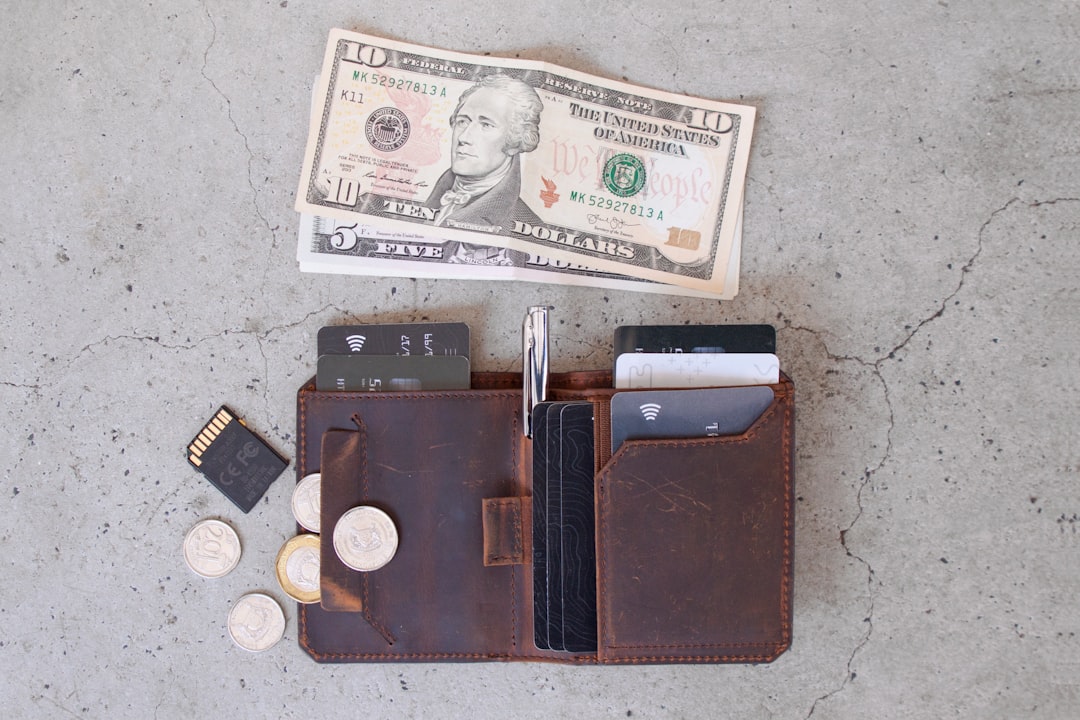As cryptocurrencies become an increasingly prominent part of modern financial strategies, selecting the right crypto wallet is critical for both casual traders and serious investors. The ever-expanding number of wallet platforms presents an overwhelming array of options, each with unique features, security protocols, and user interfaces. Choosing a wallet that aligns with your goals, risk tolerance, and technical knowledge is essential to safeguard your assets and enable successful trading and investment.
Understanding Crypto Wallets: What They Do and Why They Matter
A cryptocurrency wallet is a digital tool that allows users to store and manage their crypto assets. Unlike traditional wallets that hold physical money, crypto wallets store private keys—secure digital codes that prove ownership of your cryptocurrencies. Without access to these keys, you cannot control or recover your assets.
Wallets come in various forms, and each type offers distinct benefits and potential drawbacks. Before choosing a wallet platform, understanding these types is crucial for informed decision-making.
Types of Crypto Wallets
- Hot Wallets: These are connected to the internet and are typically easier to use for trading and frequent transactions. Examples include mobile apps, desktop software, and web-based wallets.
- Cold Wallets: These wallets are offline and are considered more secure for long-term storage. They include hardware wallets and paper wallets.

Key Factors to Consider When Choosing a Crypto Wallet Platform
To select the right wallet, you must assess a variety of factors tailored to your trading and investment needs. Here’s what to consider:
1. Security Features
Security should be your top priority—particularly if you plan to store a significant amount of cryptocurrency. Look for platforms that offer robust security measures, including:
- Two-Factor Authentication (2FA)
- Multi-signature support
- Biometric authentication
- End-to-end encryption
- Regular software updates
For investors with a long-term horizon, cold storage options like hardware wallets (e.g., Ledger, Trezor) offer the highest level of security. However, active traders may favor the convenience of a hot wallet, ideally backed by strong security protocols.
2. Custodial vs. Non-Custodial Wallets
This distinction impacts how much control you have over your funds:
- Custodial Wallets: The platform holds your private keys. These are easier to use and ideal for newcomers but carry a risk if the service is compromised.
- Non-Custodial Wallets: You retain full control of your keys. These require more responsibility, but they eliminate third-party risk.
For experienced investors, non-custodial wallets provide greater autonomy and security. New users may opt for a custodial wallet on a trusted exchange until they’re comfortable managing private keys.
3. Supported Cryptocurrencies
Not all wallets support every cryptocurrency. Before selecting a platform, ensure that it supports the coins and tokens you plan to trade or hold. Some wallets are coin-specific (e.g., Electrum for Bitcoin), while others offer broader compatibility (e.g., Trust Wallet, Exodus).
Multi-currency wallets are ideal for diversified portfolios, enabling seamless management from a single platform. Check for ERC-20 and BEP-20 token compatibility if you’re heavily invested in blockchain ecosystems like Ethereum or Binance Smart Chain.
4. User Interface and Ease of Use
User experience can significantly impact your ability to navigate the wallet’s capabilities. Consider wallets with intuitive interfaces and well-designed dashboards. Mobile and desktop versions with syncing capabilities offer added convenience.
For beginners, platforms like MetaMask or Coinbase Wallet provide user-friendly layouts and integrated help resources. Advanced users may prefer wallets offering customizable transactions, detailed analytics, and other technical capabilities.

5. Accessibility and Device Compatibility
Look for wallets that support the devices you use most—be it a smartphone, tablet, or computer. Web wallets offer flexibility for desktop users, while mobile wallets are ideal for traders on the go. Choose wallets compatible with both Android and iOS if you use multiple devices.
Hardware wallets require USB or Bluetooth support for functioning with computers or smartphones. Before purchasing these, ensure they are compatible with your operating system.
6. Integration With Exchanges and DeFi Platforms
If you’re an active trader, you’ll want a wallet that easily integrates with your preferred exchanges or decentralized finance (DeFi) platforms. Seamless integration allows faster transactions without needing multiple logins or excessive conversions.
Wallets like MetaMask support DeFi platforms directly through their browser extensions and can be used with popular decentralized exchanges (DEXs) such as Uniswap and PancakeSwap.
Additional Considerations for Long-term Investors
Investors looking for long-term growth should consider wallets offering portfolio tracking, interest-earning features, staking capabilities, and compatibility with cold storage solutions.
Some wallets provide built-in features like:
- Portfolio valuation dashboards
- APY calculators for staking
- Automatic backups and recovery mechanisms
Make sure the chosen wallet allows you to export your private keys or seed phrase securely. This ensures that you can migrate to another wallet if the need arises without losing access to your funds.
Reputable Wallet Platforms Worth Considering
Here are some well-known wallet platforms that consistently rank high in terms of security, usability, and feature richness:
- Ledger Nano X (Hardware Wallet): Excellent security, supports over 1,800 tokens, Bluetooth connectivity.
- Trust Wallet (Mobile Wallet): Supports 60+ blockchains, staking, and integrated exchange access.
- MetaMask (Browser and Mobile): Strong DeFi integration, customizable gas fees, NFT support.
- Exodus (Desktop and Mobile): Great interface, multi-currency support, built-in exchange.
- Coinbase Wallet: Integrates with Coinbase platform, offers a balance of security and user-friendliness.
Conclusion: Matching the Wallet to Your Strategy
Choosing the right crypto wallet platform is more than a technical decision—it’s a strategic one. The correct wallet for a day trader might not suit a long-term investor. Think about how often you plan to access your crypto, the level of security you need, and the kind of assets you’ll hold.
Ultimately, there’s no one-size-fits-all answer. Whether you prioritize mobility, enhanced security, or user experience, understanding your specific needs will make the decision easier and more effective. By carefully evaluating the factors outlined above, you can make a well-informed choice and increase the safety and efficiency of your crypto investing and trading journey.
